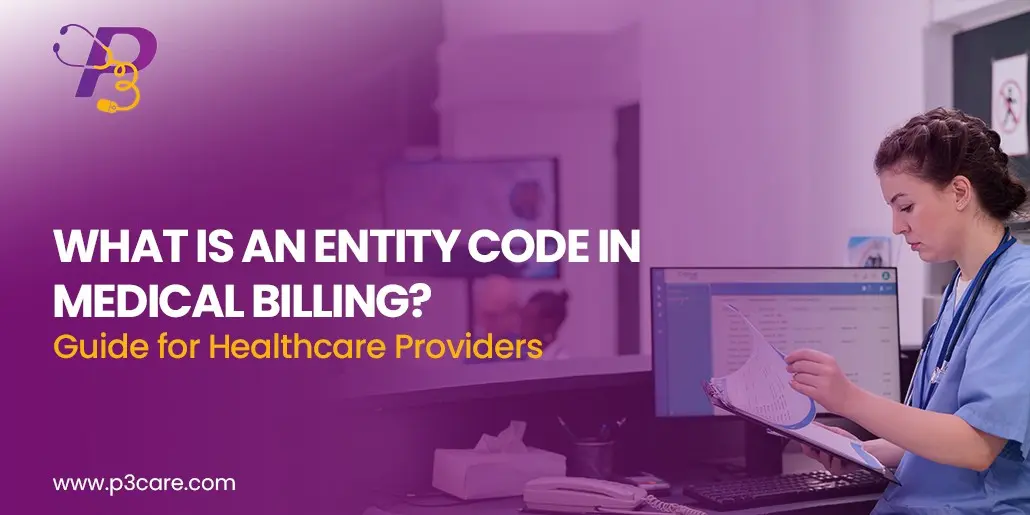

Protected Health Information (PHI) refers to data that is collected and managed during the diagnosis or treatment process and identifies each patient.
In simple words, PHI is all the information in medical records including the conversations during the treatment, medical billing and coding, and the health insurance data. Generally, medical billing services have to deal with all such information. Therefore, they must conform to the HIPAA rules.
Any information related to patients and their healthcare plans is sensitive and can be misused. Thus, medical billing companies should compile medical claims in a protected environment to prevent confidential data from being leaked under the rules of HIPAA.
HIPAA – Health Insurance Portability and Accountability Act focuses on:
PHI Includes
Information like blood pressure reading and burned calories are not considered in the PHI category.
Securing healthcare information is one of the major responsibilities of medical billing services. Any medical billing company failed to take measures in this regard unconsciously exposes their clients to a serious financial threat.
It is to remember patients have the right to access medical records anytime. However, HIPAA restricts access only in specific circumstances.
Healthcare organizations or medical billing companies on their behalf need to educate patients about their rights; otherwise, the idea of the progressive healthcare industry won’t work.
Data that is personally identifiable to the patient and that can be disclosed to a covered entity is considered HIPAA-protected PHI.
Therefore, HIPAA compliance is a must factor while catering to PHI. It is also to remember that these rules fall under the jurisdiction of the law. Any healthcare organization or medical billing company that fails to meet the compliance rule may have to face penalties from authorities.
As technology is evolving and offering reliable storage solutions, managing data on papers is not feasible. Electronic healthcare records (EHRs) propose a better solution, provided strict actions are taken to secure data in all formats.
Healthcare organizations and other stakeholders of the healthcare industry need to design and implement a strategy that safeguards the integrity of data on all levels be it technical, physical, and administration.
Such small steps lead us towards a reliable and seamless data transmission, making an empowered healthcare system.

